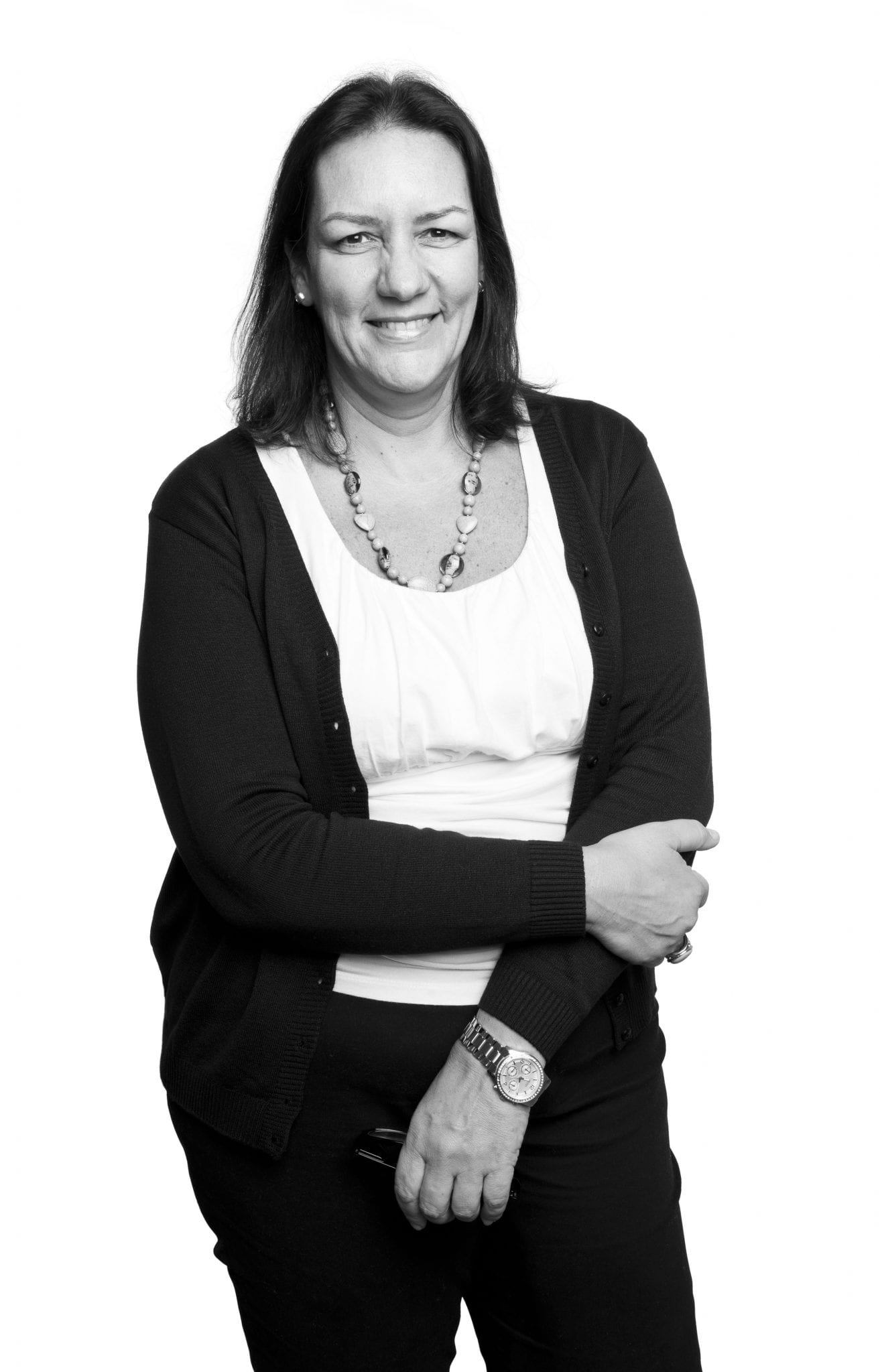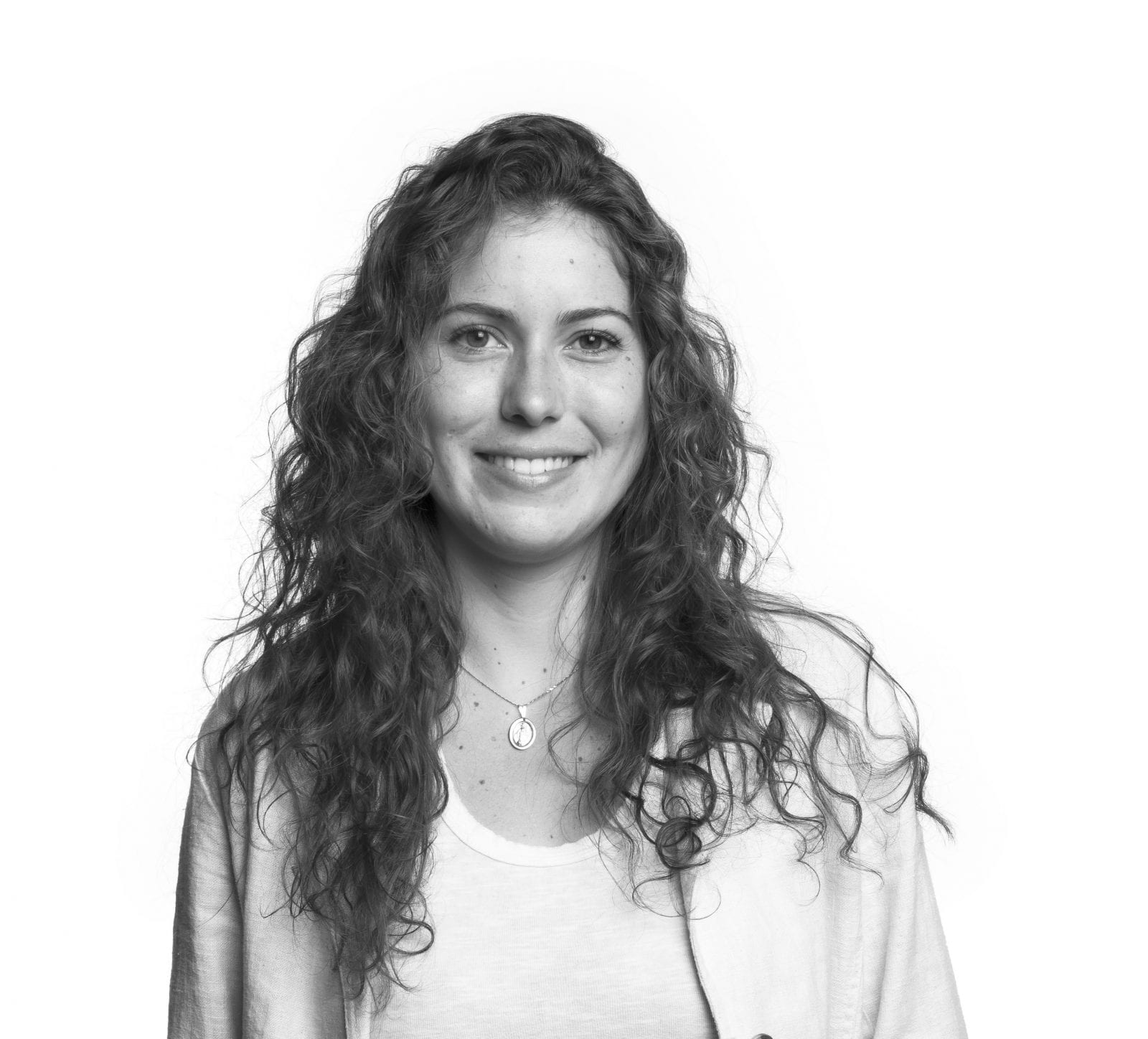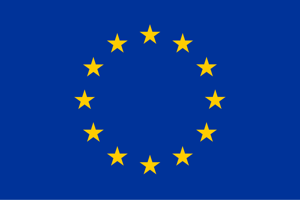The Collaborating Centre on Sustainable Consumption and Production – CSCP
The Collaborating Centre on Sustainable Consumption and Production – CSCP (www.scp-centre.org) was jointly founded by the Wuppertal Institute and the United Nations Environment Programme (UNEP) in 2005 to establish an internationally visible institution for scientific research, outreach and transfer activities on sustainable consumption and production (SCP). The CSCP comprises an interdisciplinary group of more than 50 researchers, consultants and experts from all over the world. They bring in expertise in the fields of economic sciences, engineering, journalism, design, political and social sciences as well as natural sciences. The work of the CSCP can be divided into three core areas:
- Sustainable Lifestyles,
- Sustainable Infrastructures, Products and Services and
- Sustainable Business Models.
The scope of the Centre’s activities comprises development, testing, implementation and monitoring of projects and programmes, enabling leapfrogging sustainable consumption and production patterns and practices, knowledge transfer, multi- stakeholder and interdisciplinary networking and international partnerships. The programmes developed and carried out by the organization are built on three milestones: capacity building, establishment of infrastructures to support sustainable innovations and encouraging bottom-up participative models for sustainable innovation and its ripple effect on lifestyles.
The CSCP has been involved in several EU funded projects in FP6, FP7 and H2020, both as lead partner and partner, as well as projects funded by the German government and several companies.
CSCP is leading WP6 dedicated to consumer analysis and understanding of barriers and opportunities to foster the role of the consumer in enabling increased sustainability and resilience in food value chains in Europe. CSCP will contribute to the causality analysis work and qualitative model development in WPs 2 and 6 and participate in the workshops linked to their development. CSCP will also contribute to the case study work in WP5, participate in the workshops linked to the scenarios development in WP8, and contribute to the dissemination and communications activities as part of WP9.




